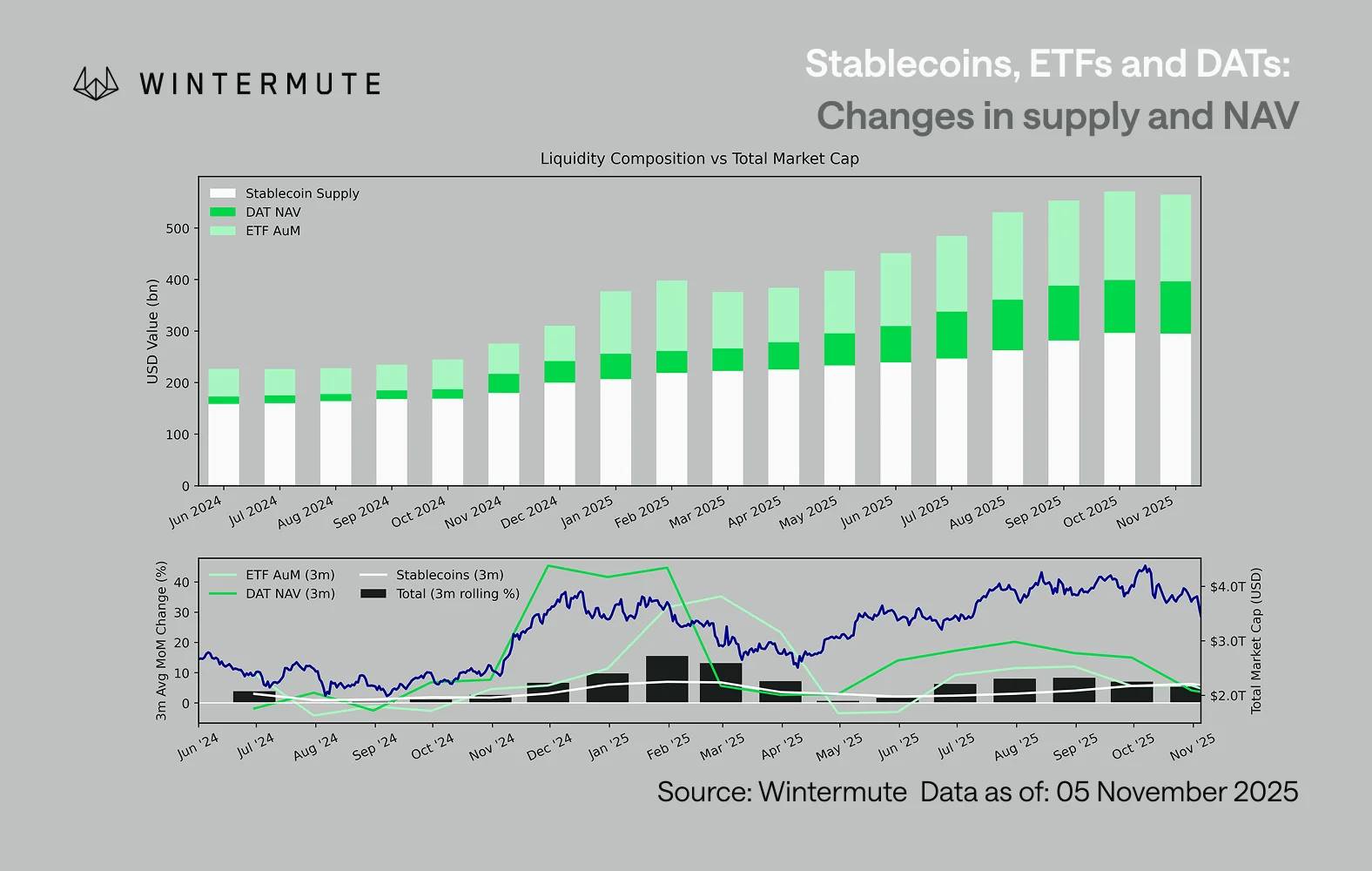Cryptocurrency groups confront banks over changes to the GENIUS law
- GENIUS Stablecoin Law Divides Banks and Crypto Groups
- Banking sector pushes for changes to stablecoin regulations
- Cryptocurrency associations advocate for competition and financial inclusion
Two leading cryptocurrency advocacy groups have spoken out against a recent request from the US banking industry. The Blockchain Association and the Crypto Council for Innovation (CCI) rejected the American Bankers Association's (ABA) request for changes to the recently passed stablecoin law, known as the GENIUS Act.
In a letter to the Senate Banking Committee leadership, cryptocurrency groups argued that the changes proposed by the ABA and 52 other banking entities represent an attempt to "reimagine language" already enacted in law. They argue that this could undermine regulatory progress.
"Amending the provisions already enshrined in the GENIUS Act would be reckless and would fundamentally weaken a legislative framework designed to encourage competition and democratize the benefits of technological advancement in digital finance," they emphasized in the letter. They further added that any revision could generate "unintended consequences for the digital asset ecosystem."
Banks argue that the current version of the law is unclear regarding prohibitions on interest payments on stablecoins. According to the ABA, the absence of stricter mechanisms could allow exchanges and affiliated companies to offer returns to token holders, transforming them into credit instruments rather than just means of payment.
Additionally, the Bank Policy Institute and other financial associations warned for liquidity and credit risks associated with the issuance of interest-bearing stablecoins. These concerns were reinforced in a document released after the bill was signed into law last month by current U.S. President Donald Trump.
In contrast, cryptocurrency advocates argue that the adjustments sought by the banking sector would only consolidate the dominance of traditional financial institutions, limiting competitiveness.
"This is especially important for consumers with limited access to banking services, who increasingly rely on digital wallets for payments and as a store of value," the associations said. They said restricting such functionality in the crypto sector while allowing it in the banking sector "would tilt the playing field in favor of traditional institutions, especially larger banks, which routinely fail to offer competitive returns and deprive consumers of meaningful options."
Disclaimer: The content of this article solely reflects the author's opinion and does not represent the platform in any capacity. This article is not intended to serve as a reference for making investment decisions.
You may also like
Wintermute: Liquidity, the Lifeline of the Crypto Industry, Is in Crisis
Liquidity determines every cryptocurrency cycle.

Ray Dalio's latest post: This time is different, the Federal Reserve is fueling a bubble
Because the fiscal side of government policy is now highly stimulative, quantitative easing will effectively monetize government debt, rather than simply reinjecting liquidity into the private system.

Famous Bitcoin bull "Cathie Wood" lowers target price due to the "replacement" by stablecoins
Cathie Wood has lowered her 2030 bitcoin bull market target price by about $300,000, after previously predicting it could reach $1.5 million.

Crypto: Balancer publishes a preliminary report on the hack that targeted it

